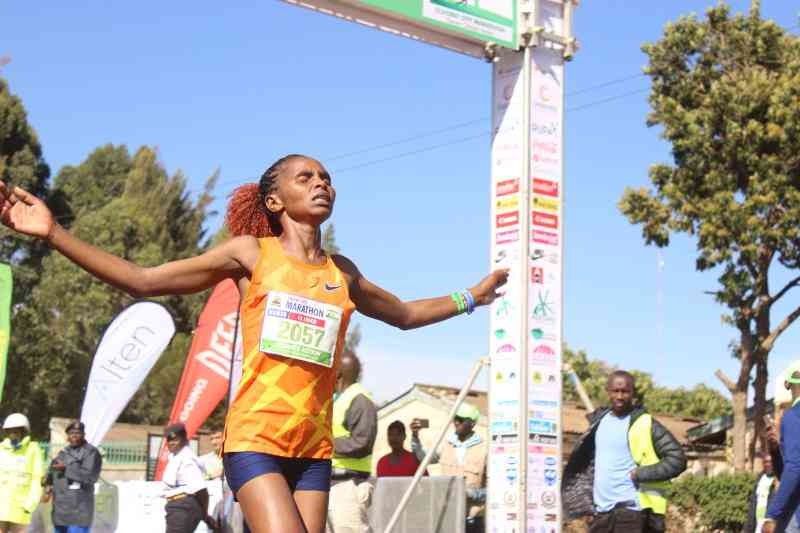Our special report on rising cases of defilement and sexual abuse of children paints a bleak picture. And although much of evidence adduced in our investigations is anecdotal, the rising incidence of reports on abuse of minors suggests that the interventions in place are far from adequate to protect vulnerable children from being sexually abused or exploited by the people they trust. The report presents incidents where parents exploit children for sexual gratification. In other cases, it is individuals in authority such as the clergy who are exploiting minors.
Regrettably, law enforcement agencies seem overwhelmed or disinterested in pursuing justice for victims and often, defilers and their accusers have to devise their own dispute resolution mechanisms in the quest for redress. In some cases, the families of those who have been abused seek some form of monetary compensation; although it is not unusual for livestock, mostly goats, to be exchanged between the defiler and the victim's kin.
And yet defilement is a serious crime, and in fact the penalty under the penal code is life imprisonment.
More must be done to protect vulnerable groups such as children and women from sexual abuse. The police must be trained to handle victims of such abuse — although many police stations have women manning desks where those who have been attacked can report abuse, the handling of such reports has often been insensitive. Frequently victims of sexual abuse are made to feel responsible of the attacks on them, according to experts.
According to findings in the Violence Against Children in Kenya 2010 National Survey, very few of those who experienced sexual, physical, or emotional violence as a child knew of a place to go to seek professional help. And less than 10 per cent of those who experienced sexual, physical or emotional violence as a child actually received some form of professional help. The study found that women aged between 18 and 24 who reported experiencing sexual violence in childhood were significantly more likely to report feelings of anxiety, depression, suicidal thoughts and poor health
These are damning findings. They indicate that not enough is being done to improve the welfare of children, particularly in rural areas, and in regions where traditional cultural norms are prevalent.
Prescriptive solutions that recommend stiffer penalties for offenders are ineffective in environments where outreach programmes to educate the public are lacking. Even as authorities consider more sensitisation campaigns, the rights of children must be upheld at all times.
 The Standard Group Plc is a multi-media organization with investments in media
platforms spanning newspaper print operations, television, radio broadcasting,
digital and online services. The Standard Group is recognized as a leading
multi-media house in Kenya with a key influence in matters of national and
international interest.
The Standard Group Plc is a multi-media organization with investments in media
platforms spanning newspaper print operations, television, radio broadcasting,
digital and online services. The Standard Group is recognized as a leading
multi-media house in Kenya with a key influence in matters of national and
international interest.
 The Standard Group Plc is a multi-media organization with investments in media
platforms spanning newspaper print operations, television, radio broadcasting,
digital and online services. The Standard Group is recognized as a leading
multi-media house in Kenya with a key influence in matters of national and
international interest.
The Standard Group Plc is a multi-media organization with investments in media
platforms spanning newspaper print operations, television, radio broadcasting,
digital and online services. The Standard Group is recognized as a leading
multi-media house in Kenya with a key influence in matters of national and
international interest.






